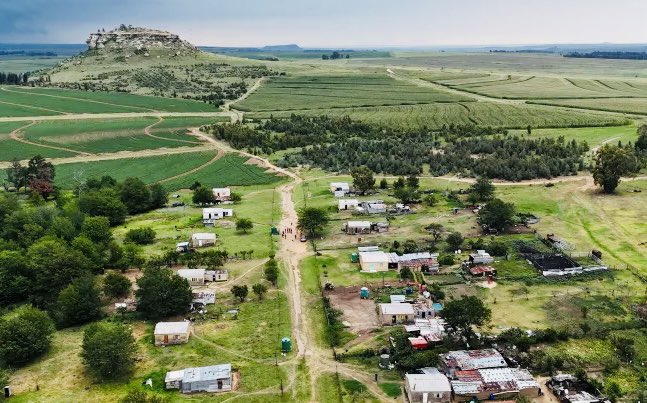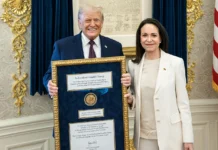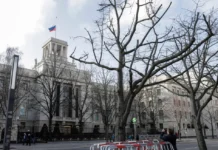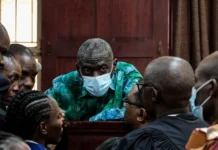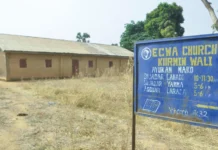Donald Trump’s dramatic offer to rehouse white South Africans as refugees fleeing “racial discrimination” has sparked controversy, with many Afrikaners rejecting the proposal and vowing to stay and fight for their land rights.
The US President signed an executive order on Friday cutting aid to South Africa in response to President Cyril Ramaphosa’s new land expropriation law, which aims to redistribute farmland and address long-standing racial inequalities. Trump’s order also offered asylum to Afrikaners—white descendants of Dutch and French settlers—who, according to him, are victims of persecution under South Africa’s Black-led government.
But despite Trump’s intervention, prominent Afrikaner groups and individuals have rebuffed the offer, insisting they have no intention of leaving.
“If you haven’t got any problems here, why would you want to go?” said 78-year-old pensioner Neville van der Merwe from Bothasig, near Cape Town. “There hasn’t been any really bad [people] taking over our land. The people are carrying on like normal.”
‘The Price is Too High’
AfriForum, a vocal Afrikaner advocacy group that previously lobbied Trump’s administration, dismissed the idea of mass emigration.
“Emigration only offers an opportunity for Afrikaners who are willing to risk potentially sacrificing their descendants’ cultural identity,” said AfriForum CEO Kallie Kriel. “The price for that is simply too high.”
The Solidarity Movement, which represents about 600,000 Afrikaner families, also distanced itself from Trump’s proposal.
“We may disagree with the ANC, but we love our country,” the group said in a statement. “Repatriation of Afrikaners as refugees is not a solution for us.”
Even Orania, an Afrikaner-only enclave that promotes self-sufficiency and racial separation, rejected Trump’s asylum offer.
“Afrikaners do not want to be refugees. We love and are committed to our homeland,” Orania’s leadership declared.
Trump’s War With Ramaphosa
At the heart of the dispute is South Africa’s controversial land reform policy. While white people make up just 7.2% of the country’s 63 million population, they still own the majority of privately held farmland—a legacy of colonial and apartheid-era land grabs.
The ANC argues that expropriation without compensation is necessary to redress these historic injustices. But Trump and his supporters claim the policy unfairly targets white landowners.
The White House has accused Ramaphosa of violating property rights and “amplifying misinformation” from radical groups. Trump’s executive order cuts US financial aid to South Africa, further escalating tensions between the two nations.
Despite widespread rejection of Trump’s refugee offer, some Afrikaners have welcomed his gesture.
“I think it’s a very nice move from Donald Trump to offer us asylum,” said Werner van Niekerk, a 57-year-old carpenter. However, he stopped short of saying whether he would actually take up the offer.
With Afrikaner organisations vowing to remain and fight, Trump’s dramatic intervention appears unlikely to trigger a mass exodus. Instead, South Africa’s bitter land debate is set to intensify as both sides dig in their heels.









